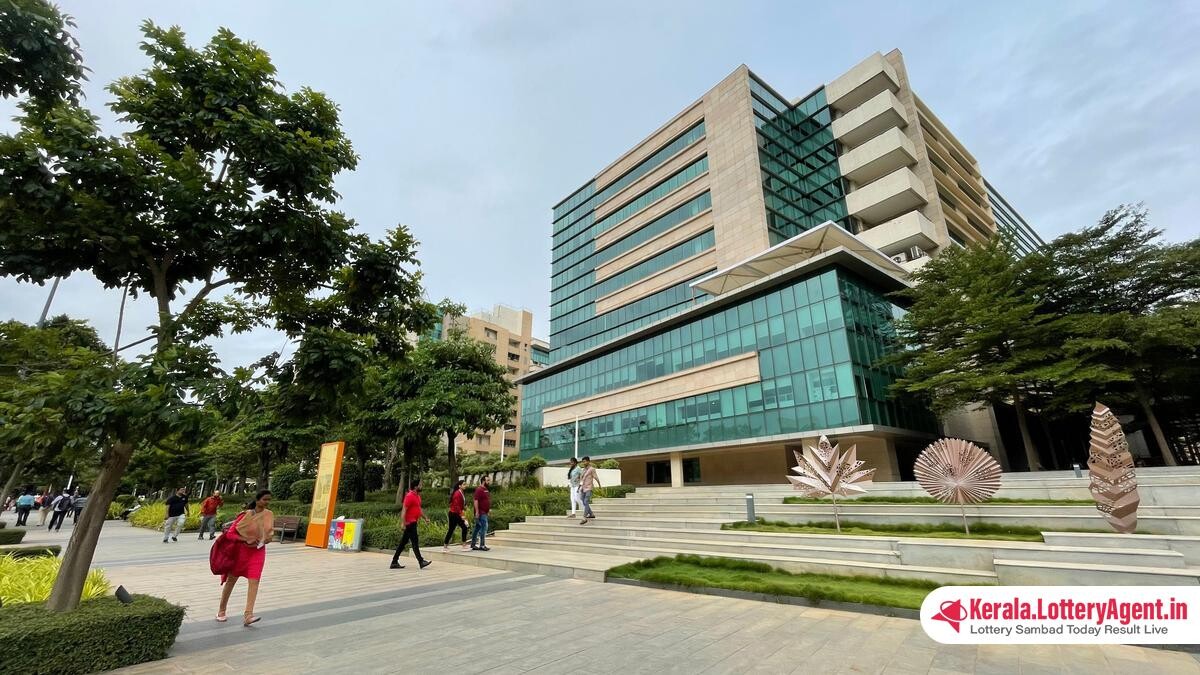
In a shift of the technological epicenter within India, we are witnessing engineers like B. Ramachandran setting a precedent by relocating to the country’s smaller cities post-pandemic. The 47-year-old has traded the bustling tech hubs of Bengaluru and Chennai for Madurai, a quaint temple town in Tamil Nadu. For Ramachandran, the opportunity to reside in his hometown while continuing to work for New York-based Genpact goes beyond mere convenience—calling it a “blessing” as it allows him to care for his ageing mother.
This personal anecdote is a reflection of a broader trend in the IT industry. Companies are increasingly expanding operations into Tier-2 cities, not only to capitalize on local talent like Mr. Ramachandran but also to benefit from reduced operational costs, including cheaper land, rents, and wages.
The recruitment landscape, too, has drastically shifted. Selvaganesh M.P, the founder of IT company SMI, acquired by Happiest Minds in 2023, reminisces on times when securing talent involved persuading potential employees from these smaller locales to move to major IT centers. Now, however, the pandemic has turned the tide, making recruitment in these cities significantly easier.
American heavyweight Cognizant and Indian IT giants such as Tata Consultancy Services, Infosys, HCLTech, and Wipro, are now pioneering the push into lesser-known cities, driven by the allure of cost efficiency, available talent, and government incentives. HCLTech’s presence in Madurai with its 6,700 employees—surpassing an early goal set for 2025—is testament to the pandemic-driven demand that is reshaping the Indian IT sector.
Industry watchers note this shift as a strategic move to curb attrition rates and manage costs, considering the IT sector’s uncertain sales growth amid economic turbulence. A report by Deloitte and Nasscom underlines the cost-effectiveness further, pointing out employee salaries and real estate rentals that are significantly lower—at 25%-30% and approximately 50% respectively—compared to established tech hubs.
The decentralization strategy extends beyond pure economics, underscoring a significant transformation in the urban landscape. Cognizant, in a bid to scale down on real estate overheads by $100 million by 2025, is leaving a large facility in Chennai even as it opens new offices in Bhubaneshwar, Odisha. Wipro’s “Project Lavender” encourages relocation to smaller cities, offering incentives like double referral bonuses for positions in Kochi and Visakhapatnam. While Wipro declined to comment on specific policies, it confirmed ongoing investments in Tier-2 and Tier-3 cities such as Ahmedabad, Bhubaneswar, and Guwahati to exploit local talent.
On the other hand, entities like Tech Mahindra are launching initiatives like “Nxt.Towns” to gather the best of brains available in these smaller cities. However, this decentralization directly impacts the demand for office space in traditional markets. According to data from JLL, the tech sector’s office space absorption in India’s top seven markets has dipped to 20.9% in 2023—the lowest in over a decade.
But what does this mean for the economies of these smaller cities? Anshul Jain, the India and Southeast Asia managing director at Cushman & Wakefield, opines that the IT industry’s foray into Tier-2 cities is not just about job creation. It’s more encompassing—bolstering lifestyles, retail, entertainment, food and beverage services. His views echo the broader sentiment that if successful, the economic ripple effects typically seen in Tier-1 cities will soon be felt in these emerging IT destinations.
As state governments present congenial business environments with incentives like stamp duty concessions, land advantages, subsidised power, and more, they not only promote job creation in smaller cities but also foster consumption. In essence, the shift in job locations engenders economic growth complementary to the IT sector’s presence in these areas.
While this exodus of the tech workforce from metropolitan strongholds to smaller, burgeoning cities is in its nascency, the potential for transformation is substantial. This could mark the dawning of a new chapter in India’s IT saga—one where decentralization forms the cornerstone of sustainable growth both for the industry and its new host communities.












